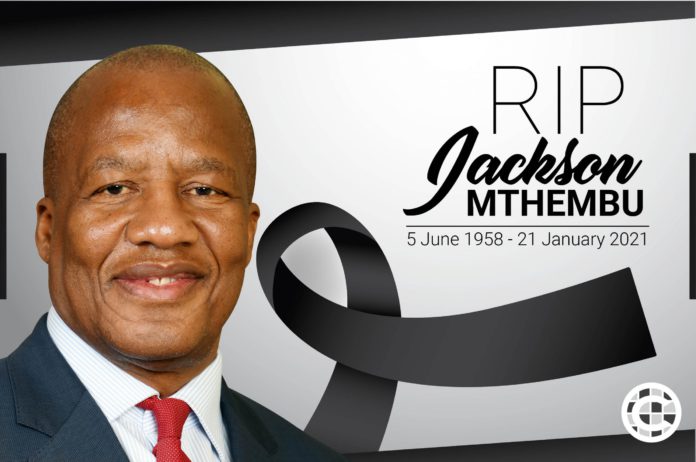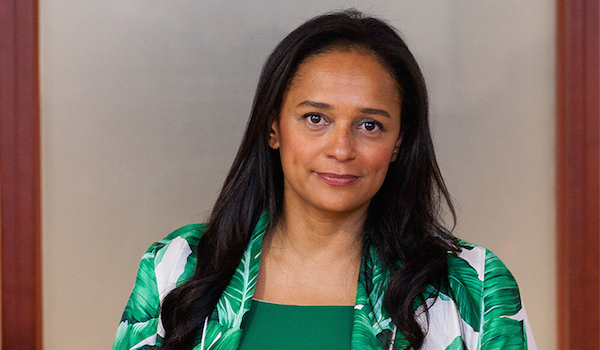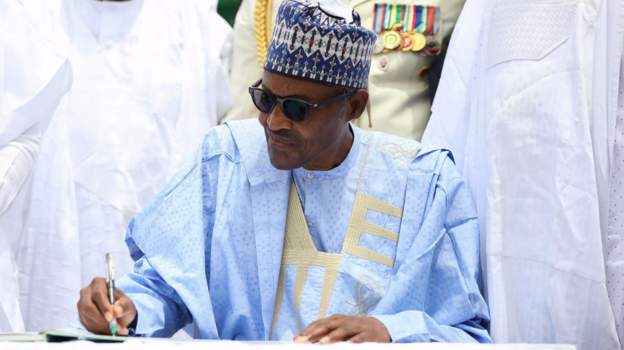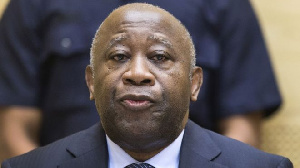Algeria’s former president Abdelaziz Bouteflika dies aged 84
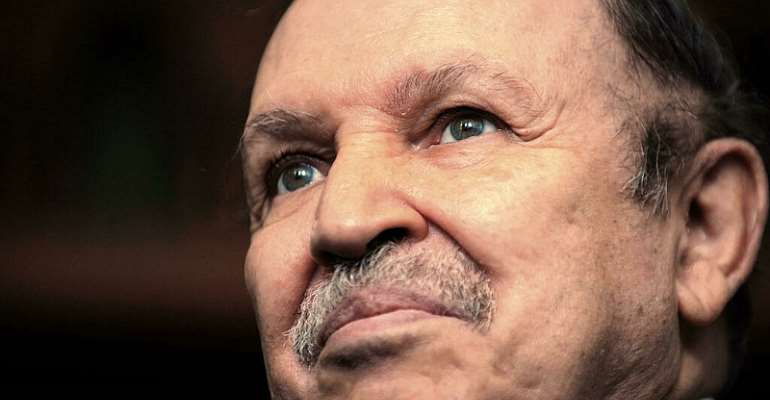

Abdelaziz Bouteflika, who ruled Algeria for two decades before resigning in 2019 amid mass protests, died on Friday.
The former strongman had left office in April 2019 under pressure from the Algerian military, following weeks of demonstrations over his bid to run for a fifth term in office.
After stepping down, he had stayed out of the public eye at a residence in western Algiers.
Bouteflika rose to the presidency of Algeria in 1999 as the former French colony emerged from a decade of civil war that killed nearly 200,000 people.
Dubbed “Boutef” by Algerians, he initially won respect for helping foster peace, notably with an amnesty law that prompted thousands of Islamist fighters to hand in their weapons.
Bouteflika went on to be elected for three more consecutive five-year terms, most recently in 2014.
Algeria was largely spared the wave of uprisings that swept the Arab world in 2011, with many crediting still-painful memories of the conflict in the 1990s for keeping a lid on tensions.
But Bouteflika’s rule was marred by endemic corruption, leaving many Algerians wondering how a country with vast oil wealth could end up with poor infrastructure and high unemployment that pushed many young people overseas.
Health concerns
In his later years, Bouteflika’s ill health started weighing on his credibility as a leader.
Despite suffering a stroke in 2013 that affected his speech and forced him to use a wheelchair, he decided to seek a fourth mandate despite growing public doubts about his ability to rule.
His 2019 bid for a fifth term sparked angry protests that soon grew into a mass movement against his regime.
When he lost the backing of the army, he was forced to step down.
The legacy of Bouteflika’s two decades of rule is mixed.
The former president’s biographer, Farid Alilat, remarkled: “For his entire life, Abdelaziz Bouteflika was driven by two obsessions: take power and keep it at any price.”
“But it was this obsession… that sparked the revolt that drove him from power.”
By David Coffey – RFI

